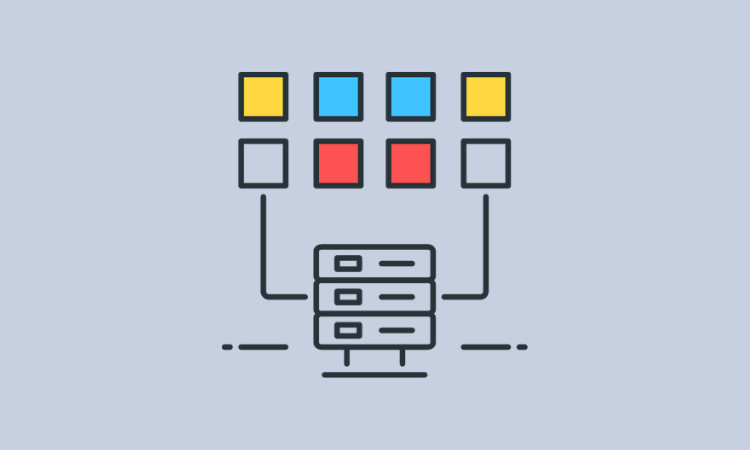Data, Podcasts
Case study: How Finlocker and Fiserv enhance data, lower lending costs and increase throughput for mortgage originators to benefit consumer financial wellness
- The work both firms have done together is a story of collaboration and tapping what each does best.
- Fiserv's Paul Diegelman will be speaking at Tearsheet's DataDay Conference next week.









